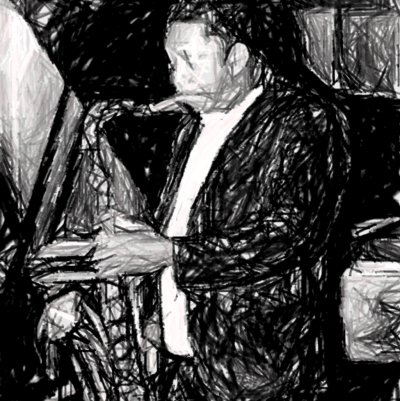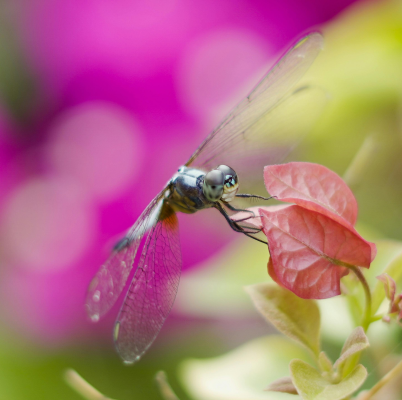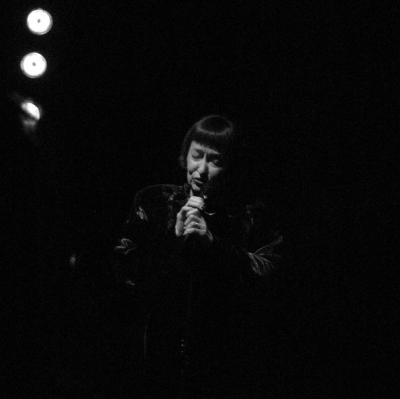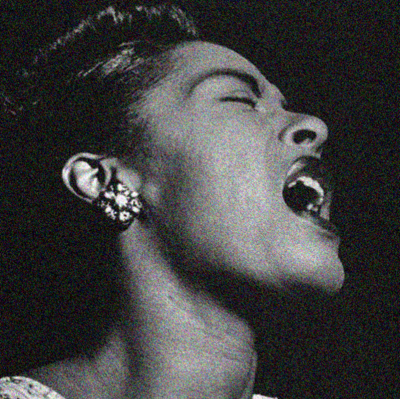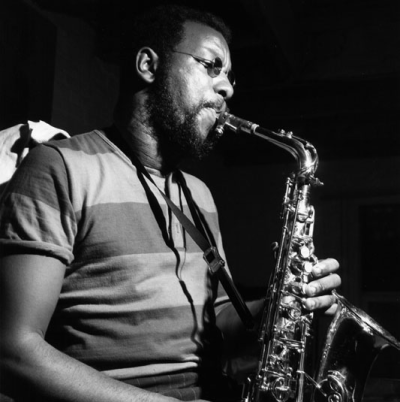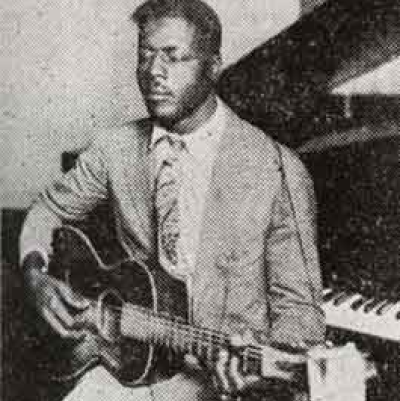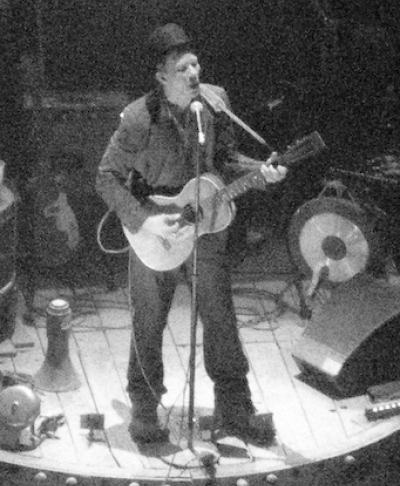.
.
“In Herzegovina, near the Town of Gorjad,” a story by Nick Sweeney, was a finalist in our recently concluded 51st Short Fiction Contest. It is published with the permission of the author
.
.
.
Image by Gerd Altmann from Pixabay

.
In Herzegovina, near the Town of Gorjad
by
Nick Sweeney
.
___
.
…..There’s a new song going around, with a maddening refrain as catchy as that flu plotting its course around the world, killing venerable ancients and babies newly out of the womb. You hear it everywhere and, no matter how much you hate it, you’ll find it bursting out of your head. You may be with a friend you’ve been trying to impress with your disdain for it, and the partly-hidden suggestion of your liking of higher things, and the friend will look at you in sly triumph, then forgive you. This happens to me often, because there are always new songs about, and I hate them all, and yet still they sneak into my head. Luckily, I have friends whose habit is to forgive. They are precious. There are many people here who will never forgive anything.
…..Ancient recordings, or recordings of ancient things, reveal something that today’s music no longer possesses. Some people get caught up in technical terms to explain it, but, really, music can’t be explained; it can only be felt. Maybe it’s like religion, or psychoanalysis; once it’s explained, people cease to be in awe of it, yet complain that it isn’t doing them any good anymore. Give it to the people, whoever they are, and they just fuck it up, and don’t know what to do with it, apart from complain.
…..Maybe the saddest thing is that music lost its soul at the onset of the age of global communication; we now live surrounded by twenty-four-hour access to terrible music that, paradoxically, never really gets going, and yet never stops.
.
***
.
…..In our part of Sarajevo we are surrounded by music, partly because a lot of musicians seem to like it here, as do lots of faded bohemians who persist in the practice of their dying arts. I don’t want to be rude here because, for sure, it’s cool to hear a song played on an old violin, or the peal of a saxophone in the middle of the night. The other side of the coin, however, means some talentless bastard slashing chords out of a crusty electric guitar put through a ferocious amp.
…..Anger is not good for me, I’ve been assured by professionals, so I try not to get too annoyed about it. In fact, I have only complained once – I was sick at the time, a slight refrain of Hepatitis, and ended up feeling sicker after getting punched on the snout by a neighbor guitar junkie in a fit of artistic amphetamine pique. His noise stopped soon after, though, when somebody broke into his place, smashed his guitar to bits, then filled his amplifier with olive oil from Herzegovina, the groves near the town of Gorjad, and kicked his speakers in.
.
***
.
…..Not very long after my arrival in Sarajevo I was in a smartish café when I saw, only two tables away, a local radio DJ. The war was over, as were shortages, and leisure was once more on the agenda. It never went away, people might claim, but it did; those same people had simply forgotten the preoccupations of the war, the banal triumphs of everyday existence. And good for them, because people must – they really have to – to live, to go on.
…..Even culture was coming back, because there are things to do in leisure time other than stay in bed, drink too much and play video games. Apparently. “If I meet one more person from a community arts project,” a friend said to me, “I’m going to burn it down. And then start my own.” The university was open again, and serious-minded youth put their heads down to study. When they lifted them, though, they wanted to dance, and they wanted to dance to the catchiest, most terrible music they could find.
…..“That’s that DJ guy,” I said to my university friend Dzanka. I felt I knew her well enough by then to nudge her in a seedy, over-familiar fashion. She looked up from her book, and stared at me. “Him over there with the green suit.” Green must have been in that week, for this narrowed it down to five people. “And the technicolour tie. See him?” I went on. “Curly hair that needs cutting?” She shifted her stare to Mister DJ.
…..The evening would be a disaster, I knew already. In the afternoon I’d run into a sort of friend, who’d persuaded me into drinking the local firewater with him. It seemed like one of those afternoons when drinking something was a necessity rather than a mere option. I couldn’t remember why, which is normal once the drinking part is done. He was very much on the wrong side of tipsy when I left. I was on the tipsy spectrum somewhere – I was unsure exactly where. I wondered, in some disquiet, if I was on the part of it that would kid me that I wasn’t on it at all, therefore leaving me open to all kinds of spontaneous foolishness.
….. Dzanka had had a bad week at the university, stuck with the idea that it was important for her to be there, and yet wondering why she was bothering.
…..“True – that’s him.” She squinted at the DJ sourly, and went back to her book. “He’s… pasty-faced,” she added, a nod to conversation. “And fat.”
…..“You don’t see that on the radio.”
…..His poster campaign imitated old-style Yugoslav propaganda posters, with thick yellow letters stating, Listen In! and A Nightclub on your Mantelpiece! and other vacuous slogans thought up by men in western-style suits and red plastic-framed glasses. Under these exhortations reposed an enigmatic face trapped in time, topped by dark, curly hair. The man in the café had an older face and greyer hair, and enigmatic was not a word that came to mind to describe him.
…..“Wars come and go,” I said to Dzanka. “Governments rise and fall. Borders change. Olive groves get… burned.” Dzanka looked at me closely. Did she see a fire in my eyes? Maybe she did. “Whole peoples get rubbed out.” I recovered my thread. “But DJs, their haircuts stay the same.” Dzanka smiled despite herself, and coughed out a laugh.
…..His suit was expensive, the world could tell, but shapeless. Was that deliberate? Who knew, anymore? He looked miserable as he sipped his cappuccino, but still had the preoccupied air of a fat-cat-in-the-making. The girl he was with was young and pretty and tarty. She had a distinct vibe of boredom about her, and a square metre of madly over-groomed hair, like a country-and-western star from the nineteen seventies.
…..“I bet I could get him to say why he plays such terrible music.” I nudged Dzanka again. “All the music in the world,” I said, “and yet whatever is terrible, he finds it, and he plays it.” I made a money sign. Dzanka put her paper down, interested at last, I thought. “I could get him to say why he says such stupid things,” I added. “Ask him who he thinks he’s talking to.”
…..“But who cares?” Dzanka said. “Anyway, they’d only kick you out.” She indicated our surroundings. “They only let nice people in. We’re only here because there are not enough nice people for them to make a profit.”
…..“It’s an opportunity,” I said, but I saw her point. And it wasn’t fair: Dzanka liked it there, and they knew her, and only let me in because I was with her. “Just to tell them. You know when you’re listening to the radio, and it’s annoying the hell out of you, and you just want to go round to the station with a baseball bat, and trash the place?”
…..“No.” She wasn’t one to wilt under my earnest gaze, as some people did. She burst into a giggle. “Strangely enough, I don’t.”
…..All the station’s equipment, I saw, smashed to bits, its lights winking frantically, and covered in a litre of olive oil from the olive trees in the olive groves near Gorjad, in Herzegovina…. Two litres, maybe.
….. Dzanka said, “You could always try switching it off.”
…..I kept listening to the radio because a part of me was cowed enough to hate not getting it, and being the only one out in Radioland listening to a room full of silence. I craved music – I did – but then, if you crave music, you listen to the radio to hear some, and end up still craving it; it’s like one of those sentences that read the same backwards.
…..“And anyway,” Dzanka said, “there are worse people than him here tonight, if you really want to grind your teeth. Look at him over there.” She dropped both her voice and her head. “Dark blue evening jacket too big for him. See him? Know who he is?”
…..“Yeah.” I surprised myself. I knew the features well, the white hair swept back from his deep forehead, the pale, piercing eyes. It was the jacket that had thrown me, the bow-tie, and the frilly-fronted shirt. On television at the height of the war, he was usually seen in some quasi-uniform as he justified his militiamen’s feats of bravado, which had sometimes involved the razing of villages and the shooting of their fighting-age men, and some unfortunate collateral damage to women and children. Nobody disagreed that he had done it on behalf of us all, to save us having to go and do it ourselves. And nobody disagreed that he had a right to have become at least a little bit rich on ‘donations’ from the UN, while selling plundered medicines, food and temporary shelters to the enemy to keep them in good health, nourished and warm enough to live again to be shot-at. He was a legend, and nobody disagreed. At least, you never heard them disagreeing. Why did he feel safe enough, I wondered, to sit drinking in public? Maybe it was something to do with the two men who sat near him, all beards and bulging tuxedos and gristle and mineral water glasses tiny in their hands.
…..“Sure,” I said. “I could go and ask him about his work.” I nodded towards the guards. “Before those two kick my face in.”
…..Dzanka said, “Stick to your DJs,” and added hastily, “I mean, leave them alone – leave them all alone. One is a national hero and the other a nonentity. And what, at the end of the day, have they ever done to you?”
…..She went back to her book. I picked up one of her other books. I flipped through it without method, was grabbed by a passage that rattled along well but finally disappointed me, and then got engrossed in one that didn’t, until it did. The friends we were waiting for didn’t turn up, and we guessed they hadn’t got by at the door. I sobered up gradually, and we talked about and laughed at nothing, just loud enough to let everybody around us know that we were having a good time.
.
***
.
…..As I did my business in the toilet, I looked up at the window set in the ceiling. I marvelled at the leaves that touched the glass, outlined by the lights in the upstairs rooms, the hint of dark sky beyond. I thought of a radio report of a prisoner of war somewhere – actually, in Herzegovina, near the town of Gorjad – who saw only the sky and the leaves for half a year through his tiny window. He hadn’t known it, but he was in the safest place; he got out intact, but found his parents’ olive groves destroyed, his village wiped from the face of the Earth, and his entire family, and everybody he had known in his life, gone with it. The on-air presenter had ended by bemoaning the unfortunate ways of war, then handed over to a DJ who brayed a slogan, played a jingle, promised news of weather, and of traffic, and set in motion a catchy new song.
.
***
.
…..When I came back, Dzanka was putting on her coat and scarf and gloves. We decided to walk, maybe to redeem a little of the evening – she was giving me the chance – and to save a tram ticket for another, better evening. It was a clear night, bright with tiny stars. Dzanka changed her irritation into a smile that was forgiving. The quiet made us feel good, and easy in ourselves, got us looking forward to home, and to sleep. As people began to pour out from bars and cinemas and dives to fill the streets, steam rose from the open doors, and a jolly little bastard of a song arose with it.
.
.
_____
.
.
 .
.
Nick Sweeney’s stories are scattered around the web and in print. .Laikonik Express, his novel about friendship, Poland, and getting the train for the hell of it, is out with UK independent publisher Unthank Books. His 20K-word ‘novelette’ .The Exploding Elephant .was published by Bards and Sages in 2018. He is a freelance writer and musician, and lives on the English coast. More than any sane person could want to know about him can be found at http://www.nicksweeneywriting.com
.
.
.







